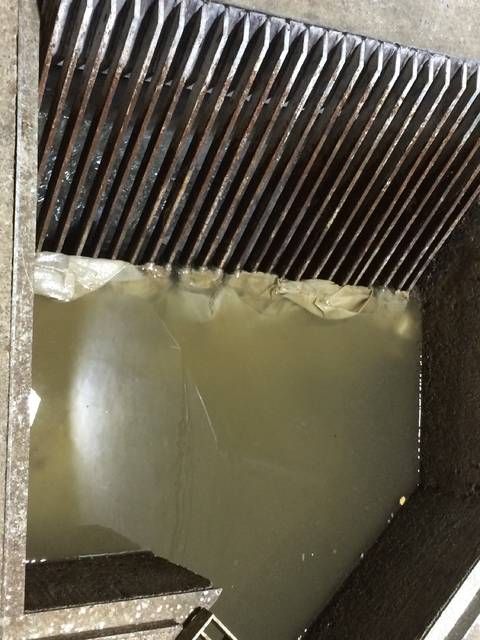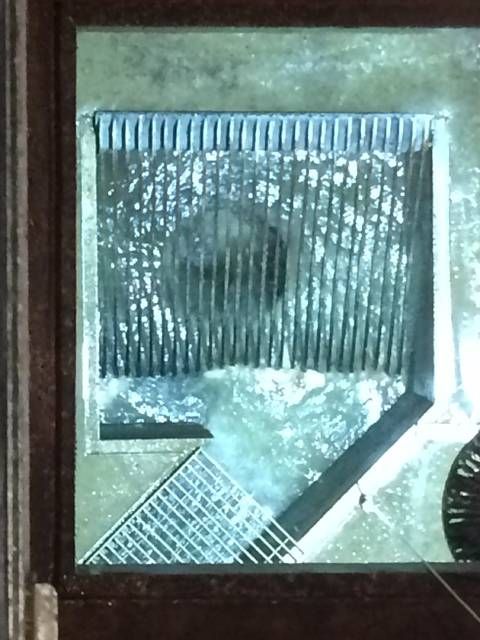Click here to subscribe today or Login.
The Wyoming Valley Sanitary Authority has issued a plea for customers to stop using so-called flushable wipes instead of toilet paper.
“They’re causing a lot of havoc,” said authority Storm Water Division Manager Jeff Colella. “You can flush a LEGO too, but that does not mean it’s biodegradable.”
The path of wastewater from the 36 Wyoming Valley area municipalities treated by the authority must be explained to understand the impact of the wipes once they’re out of sight, Colella said.
After leaving a residential or commercial property, wastewater first enters one of 64 pump stations scattered throughout the area so it can be screened and forced through pipes to the authority’s Hanover Township treatment facility.
At the pump stations, the wastewater initially hits screens with spaces small enough to trap some debris but wide enough to keep the flow moving so sewage does not back up. These screens must be manually raked out.
Colella produced a photograph of three, 5-gallon barrels holding wipes removed from the screen in a Plains Township pump station that had accrued over two days.
“That’s just one pump station and only two days,” Colella emphasized.
Because the screens can’t catch everything without causing backups, many wipes advance through the screens to pump station blades designed to cut up solids so they can more easily pass through the pipes to Hanover Township, he said.
But often the blades can’t slice through the wipes, which Colella describes as “rags.”
“These products are so interwoven and tough and strong, these sharp blades don’t cut them up,” he said.
In this increasingly prevalent scenario, the pumps suck up the wipes and often get blocked.
“One won’t necessarily block it up, but when you have this large amount it causes pumps to block up,” he said.
The result: time and money spent cleaning out and replacing pumps, he said.
At least half a dozen pumps had to be replaced this year due to damage largely attributed to wipes, he said, noting each pump ranges from $5,000 to $40,000 depending on the type.
“It’s an expensive effort and a major problem,” Colella said.
All pumps must be kept in working order to prevent problems, he said. Each station has two or three pumps based on the required capacity so a backup is available if one must be unclogged or replaced, he said.
Authority crews have observed an increase in wipes over the last five years as they grow in availability and popularity, Colella said. He’s heard of more property owners facing problems with their own septic systems due to wipes.
Wipes will be among the issues highlighted in a new public education newsletter that will be included with 2020 bills for sanitary and stormwater fee customers, he said.
Another will be an ongoing problem of some residential property owners pouring oil and fat into their sinks, causing blockages.
Commercial businesses must have grease traps and comply with disposal requirements, but some residential owners still fail to pour their oil and fat into a container so it can be thrown out with garbage, he said.
“What happens is you get these fat bergs, a boulder of grease that blocks the line and causes an automatic backup,” Colella said. “That’s been a problem forever.”






